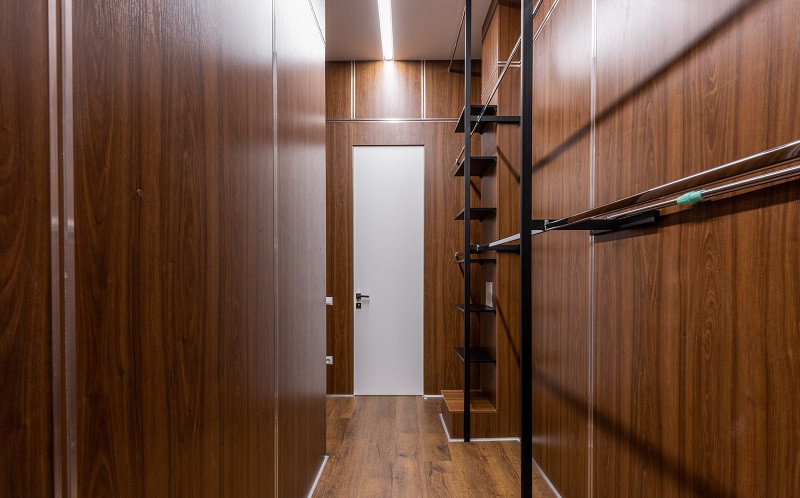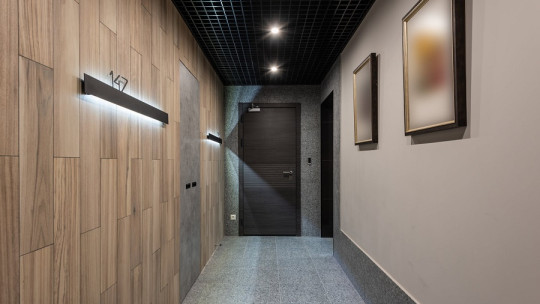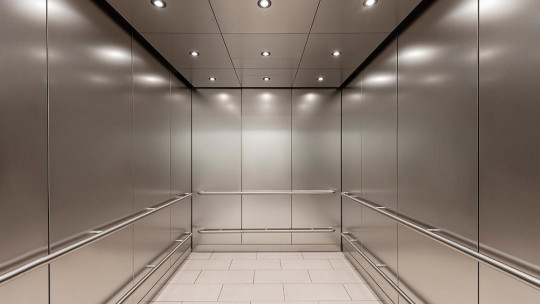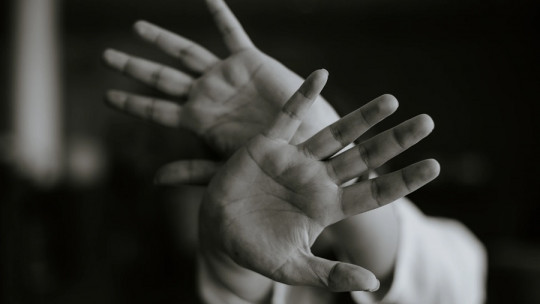The phobia of closed spaces, also known as claustrophobia, is a psychopathology capable of limiting people’s autonomy and damaging their quality of life in practically all areas of their daily lives. And those who develop this anxiety disorder do not limit themselves to “having a bad time” being in relatively small rooms or narrow interior patios; In situations like this you feel like you are losing control and your anxiety and stress levels skyrocket in a matter of seconds.
Fortunately, the phobia of closed spaces can be overcome if the appropriate help is available, ensuring that in a few months it stops interfering with daily life. Therefore, in this article you will find a summary of the guidelines and key ideas to keep in mind to confront this psychopathology, in case it affects you or if it is harming someone in your close environment.
What is claustrophobia?
As its name indicates, claustrophobia is included within the concept of phobias, a category that in turn is within the concept of anxiety disorders. Thus, This psychological alteration is reflected in anxiety-type symptoms : tremors, rapid breathing, muscle tension, catastrophic thoughts about what will happen, dizziness, irritability, increased blood pressure, cold sweats, and a need to flee the place as soon as possible.
Furthermore, in most cases, phobias share the same symptoms, which appear when the person is exposed to the phobic stimulus or imagines it more or less vividly; What changes is what triggers them (with exceptions such as blood phobia, in which the reaction usually has some of its own characteristics).
As you can see, the symptoms linked to phobias mix physiological phenomena (that is, they affect automatic and involuntary biological processes such as sweating, heart rate and breathing, controlled by the autonomic nervous system) and also cognitive and emotional, such as irrational beliefs about the supposed dangerousness of a situation.

In this way, in the phobia of closed spaces, a part of the person who suffers from it knows that there are no objective reasons to worry, but cannot help clinging to irrational beliefs about bad things that could happen to you in places like this. There is an ambivalence that is difficult to manage and that psychologically wears down the individual, making them doubt everything.
Tips to overcome the phobia of closed spaces
These general tips will help you combat claustrophobia and make this disorder disappear.
1. Go to therapy and don’t skip sessions
Psychotherapy attendance is necessary to receive personalized training in anxiety management skills. Going to the doctor can also help, but the use of psychotropic drugs will not intervene at the root of the problem, since their usefulness is focused on mitigating the symptoms in the medium term.
Thus, the rest of the advice that you will find here should be taken as an extra reinforcement to what the psychotherapist recommends, and where both things are incompatible, you must prioritize the instructions given by the professional who handles your case in a manner adapted to your needs. needs.
2. Get out of your comfort zone
Assume that To overcome the phobia of closed spaces you will have to face psychologically uncomfortable situations , since it is not possible to overcome a phobia if we do not face what scares us. Now, that doesn’t mean that you should put yourself through anxiety-generating situations over and over again (for example, forcing yourself to spend all your free time in small rooms) or that you shouldn’t take into account the level of difficulty of each of these. challenges. You must be able to give yourself a break and not set very ambitious goals from day one, as this could take a toll on your mental health, make you frustrated, and cause you to give up quickly.
3. Talk to your loved ones about what is happening to you
Don’t treat it like a taboo topic : Express what is happening to you, how it makes you feel, and tell them that you have decided to overcome your phobia of closed spaces. There is greater awareness of mental health issues these days, and it is worth giving them the opportunity to offer their support. Furthermore, in this way you will turn your friends and family into elements that will motivate you to continue fighting against the phobia.
4. Use relaxation techniques before going to sleep
It is very important to be able to sleep the necessary hours, something that is difficult if we suffer from an anxiety disorder. To make it more bearable, You can incorporate brief relaxation techniques into your routine during the last few minutes of the day before going to bed, such as Jacobson’s progressive muscle relaxation. In this way, you will be less vulnerable to stress and will have a greater capacity for resilience in the face of uncomfortable aspects of everyday life.
5. Don’t try to keep anxiety out of your mind
If you try to prevent anxiety from entering your consciousness, you will become more vulnerable to it. It is much better to accept its presence as something temporary, and reorient your attention towards other stimuli.
Do you want to have professional psychological assistance?
If you want to go to psychotherapy and receive professional support so you can overcome a phobia or any other type of anxiety disorder, contact us.
In Psychology For We put at your disposal more than 20 years of experience in the field of mental health, and we work serving people of all ages. You can opt for face-to-face sessions or online therapy via video call.









